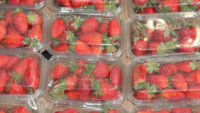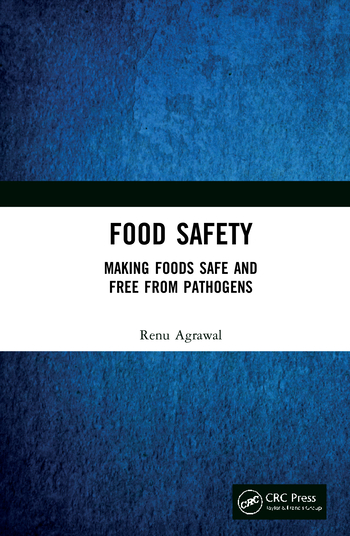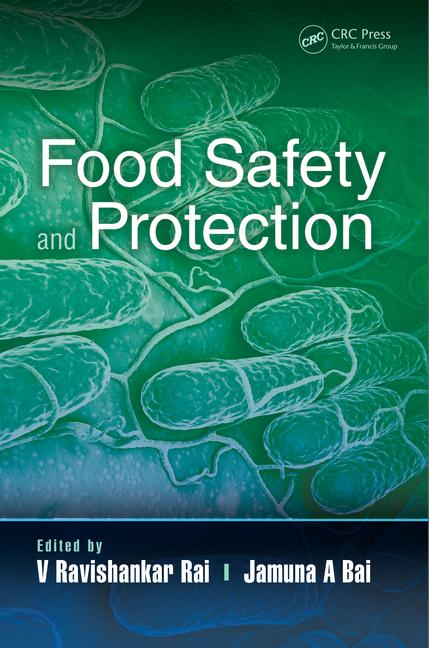Biodegradable ‘Smart’ Food Packaging Material Developed By Singapore Team

Krblokhin/iStock / Getty Images Plus via Getty Images
Scientists from NTU Singapore and Harvard T.H. Chan School of Public Health have collaborated to develop a "smart" food packaging material. The material is biodegradable, sustainable, and can kill harmful microbes.
The packaging is made out of a corn protein called "zein," starch, and other biopolymers, and it can extend the shelf life of fresh fruit by 2–3 days. It is also infused with natural antimicrobial compounds, such as oil from thyme and citrus acid.
During lab experiments, the fibers in the packaging were exposed to an increase in humidity or enzymes from harmful bacteria, and they released natural antimicrobial compounds. These compounds were able to kill common bacteria that contaminate food, such as E. coli and Listeria, as well as fungi.
The packaging's design will release only the necessary small amounts of antimicrobial compounds in response to the presence of additional humidity or bacteria. For this reason, the packaging can endure several exposures and also last for months.
The packaging has the potential to be used for a wide variety of products, including ready-to-eat foods, raw meats, fruits, and vegetables.
During experiments, strawberries wrapped in the packaging were able to stay fresh for seven days before becoming moldy, compared to other strawberries that were kept in "regular" fruit plastic boxes—those only stayed fresh for four days.
The packaging invention is the result of research by Dr. Phil Demokritou and the Harvard T. H. Chan School of Public Health Initiative for Sustainable Nanotechnology in collaboration with the NTU Singapore team (NTU-Harvard SusNano). The innovation of the food packaging material is part of the University’s efforts to promote sustainable solutions in food technology.
Looking for a reprint of this article?
From high-res PDFs to custom plaques, order your copy today!








